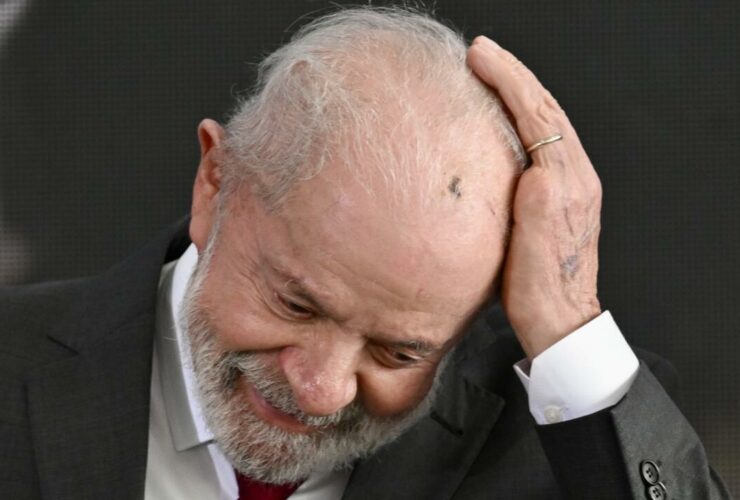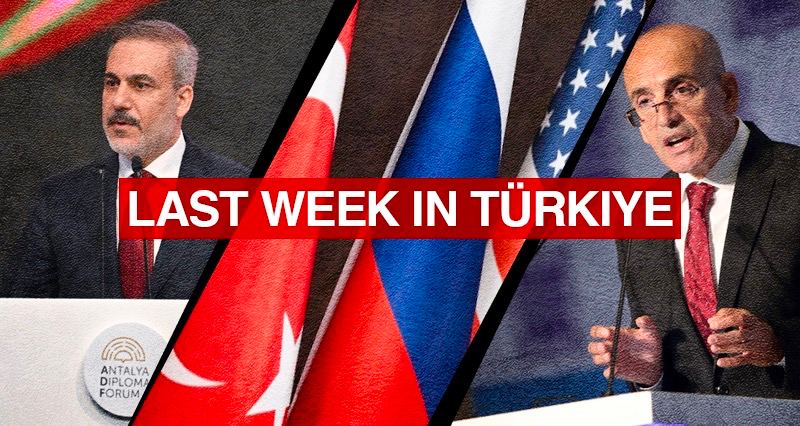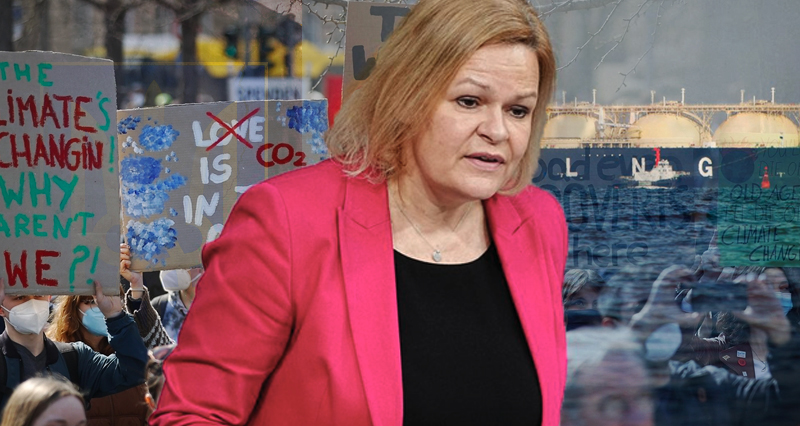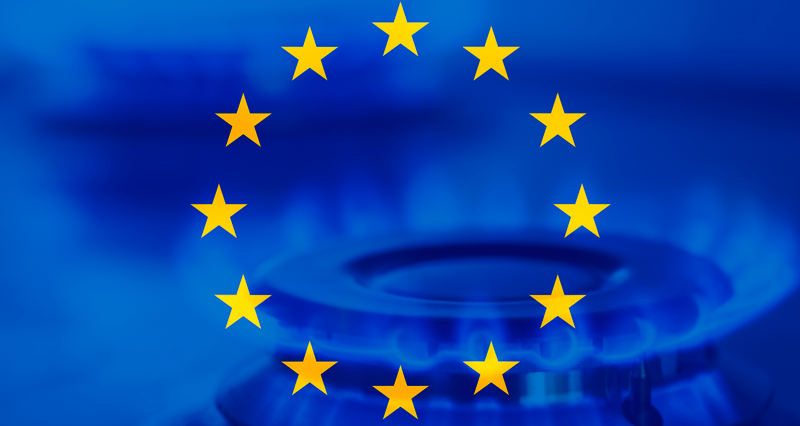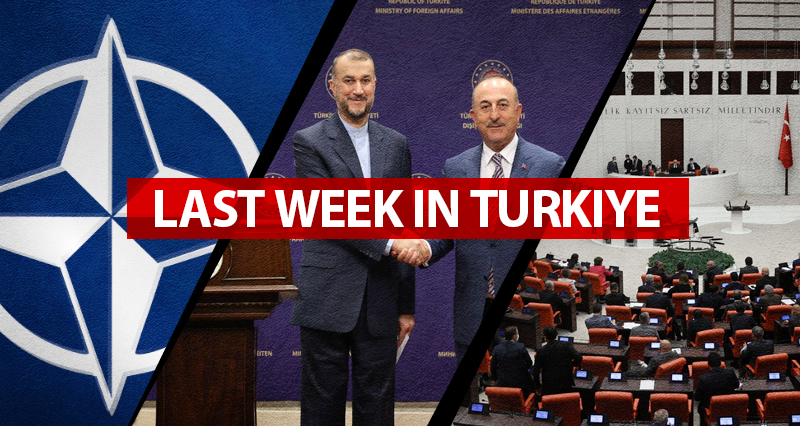By Oscar Rotundo Lula’s government is approaching an electoral challenge amid a hostile environment both at home and abroad. It has lost credibility within its own ranks and is being stalked by a right-wing party cornered by the judiciary. Luiz Inácio Lula da Silva assumed the presidency of Brazil for his current term on January 1, 2023, and from day ...
By Yunus Soner, Caracas / Venezuela Oil, Bolivarian socialism, sanctions, hyperinflation … These are the keywords that have been reflected in the Turkish press from Venezuela in recent years. The country’s economy has really taken off in recent years. In the recent presidential elections, the economy was one of the most important items on the agenda. Fernando Bastidas is a ...
The agenda was busy in Turkey last week. The Antalya Diplomacy Forum was held with wide participation from abroad and domestically. The Minister of Foreign Affairs Hakan Fidan’s statements regarding foreign policy stood out. On the other hand, Aydınlık newspaper’s report that American diplomats pressured Turkish companies to comply with anti-Russian sanctions made a big impact. Regarding the economy, Minister ...
By Michael Roberts * A recent paper by mainstream heavyweights, Ben Bernanke (former Federal Reserve chief) and Olivier Blanchard (former chief economist at the IMF) has raised some eyebrows. Bernanke and Blanchard seek to argue that the inflationary spike in the US since the end of Covid pandemic slump was down to a sharp rise in ‘aggregate demand’ and not due ...
Inflation in Germany in October exceeded expectations and hit a new record of 10.4 percent, driven by high increases in energy and food. More than 200,000 workers took part in warning strikes and protests at factories in the metal and electricity industries last week. Germany’s largest labor union in the automotive and electrical sectors, IG Metall, responded to employers’ resistance ...
The conflict in Ukraine continues to affect Europe. Sanctions applied against Russia are continuously increasing inflation. European lives were seriously and negatively affected by the fact that gas supplies from Nord Stream 1 were down to 20% of capacity. European governments meanwhile continue to deliver material aid to Ukraine, beginning with arms, as they did since the eruption of the ...
The tensions in Germany following the government’s turn around in energy politics are increasing. On August 14, the minister of interior, Nancy Faeser stated in an interview that Germany had “to be prepared for possible attacks on gas terminals”. The minister gave the interview to Bild Am Sonntag, Germany’s most selling newspaper, on past Monday. In the interview, Faeser spoke ...
By Michael Roberts * The major economies are moving closer to recession, if they are not already there; and yet inflation rates continue to rise (for now). The latest surveys of business activity, called Purchasing Managers Indexes (PMIs), show that both the Euro area and the US are now in contraction territory (i.e. any level below 50). The composite PMIs ...
Last week, the public agenda in Türkiye has been busy with three main topics. First was the agreements reached in the NATO Summit in Madrid, and the domestic reactions and oppositions to the negotiations over Türkiye’s veto power for Sweden’s and Finland’s ascension to membership. Second was the visit by the Iranian Foreign Ministry to Türkiye and his discussions with ...
Egypt is now experiencing a real economic crisis, reflected in sequential rises in commodity prices and the decline in the country’s fixed foreign exchange reserves, which has caused a significant drop in the value of the pound against the dollar. Despite what the Egyptian media say, that the crisis is one of the results of the disruption in supply chains ...
The energy crisis continues in Europe, which is dependent on Russian oil and natural gas. The ongoing Ukraine-Russia conflict has sent energy and food prices skyrocketing in Europe. Even if governments slash fuel taxes and allocate funds, it is not enough for those whose livelihoods depend on fuel. The workers and truckers are taking to the streets. The demonstrations at ...







